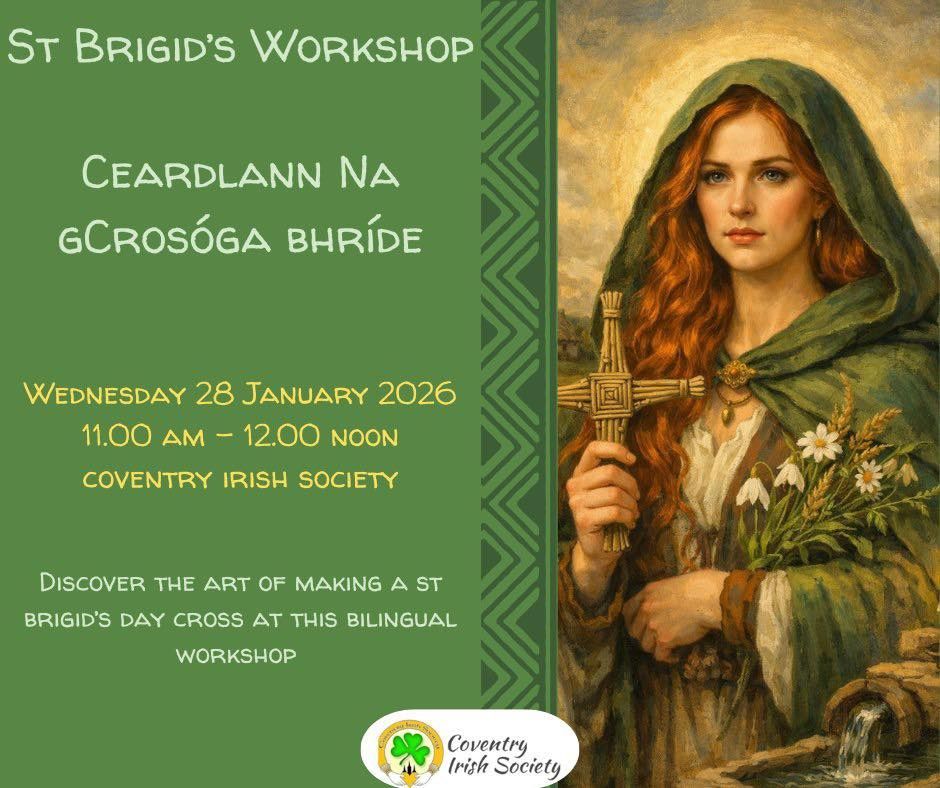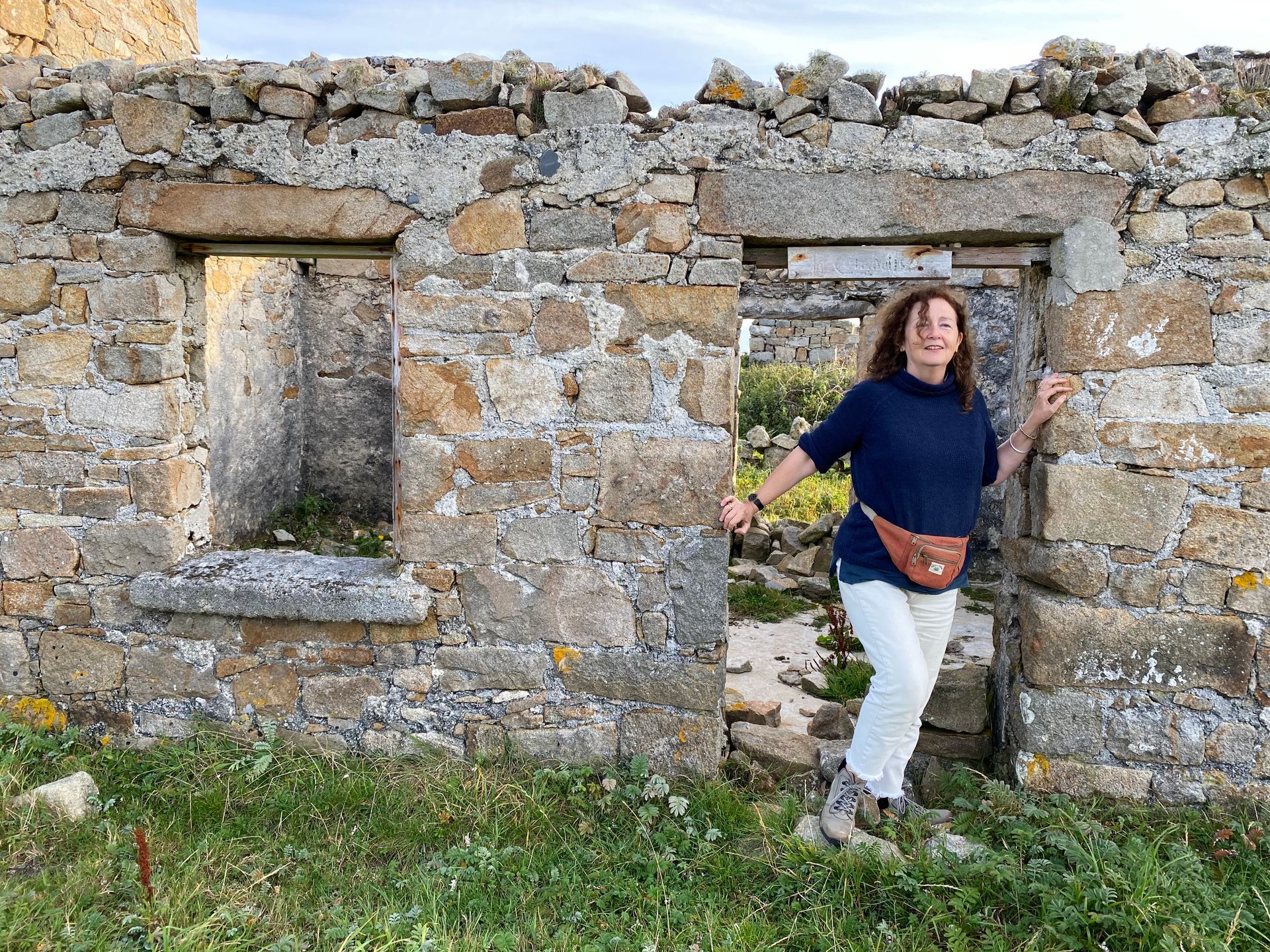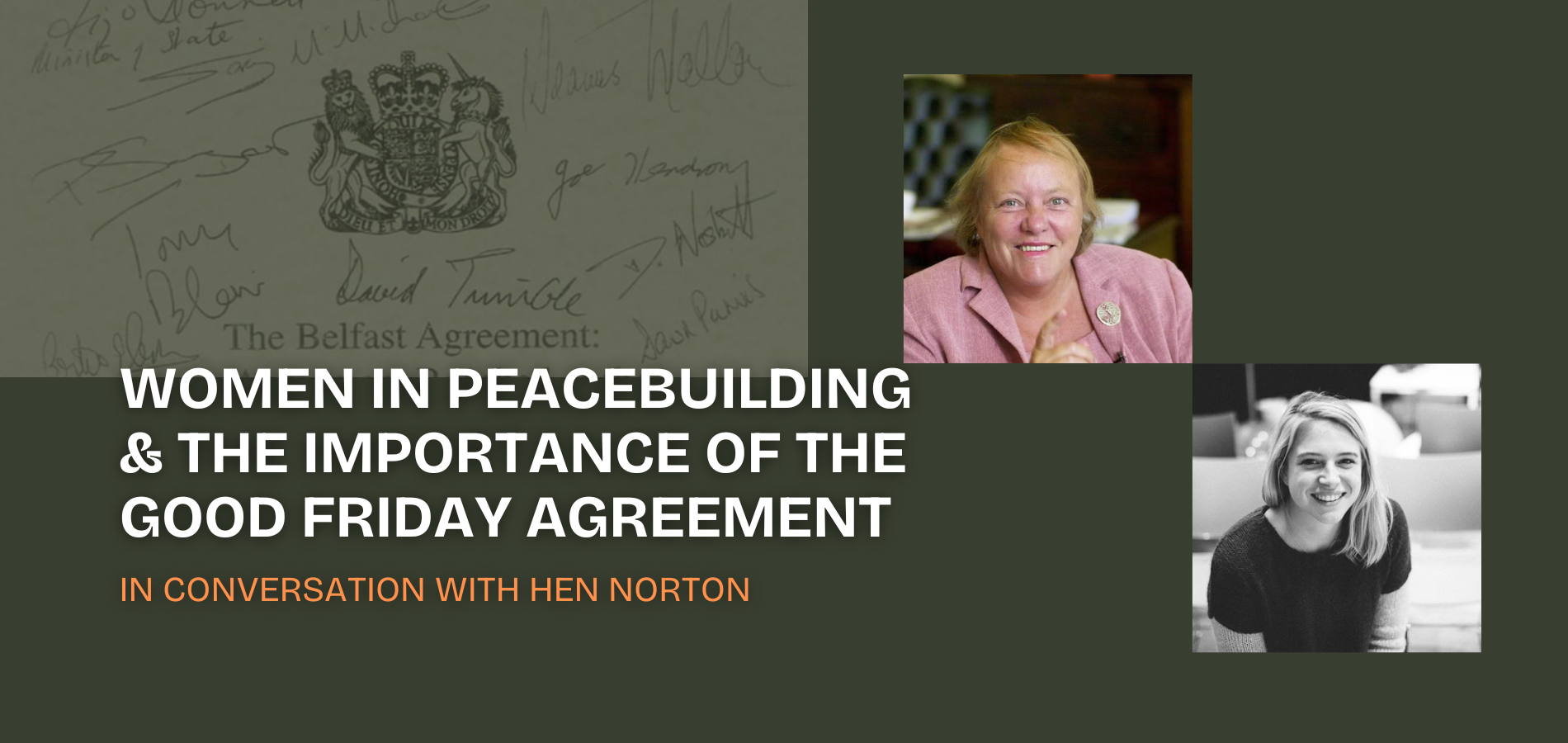When I began my doctorate in psychotherapy research, I didn’t know what to study. Something relevant to my clients? DiJerent ideas came and went, but none stuck around. Although adoption was a subject that was personal to me and relevant to therapy clients, I initially dismissed the idea, because it had been researched to death – hadn’t it? All those children and adults over the decades throughout the world. There must be tons of studies on how they’ve fared, what they think and feel and how adoption has aJected them.
Well, no. Most of the research that has been done is of the medical kind. I found plenty of studies looking at whether we do better or worse in terms of mental health and ‘adjustment’ than non-adoptees. It was all about looking for diJerences, as part of an attempt to settle a debate about nature and nurture. Much of the research was from the USA and UK, both of which have had open adoption for several decades.
What was really missing from those decades of research was the voices of those most aJected: adoptees, first parents (there’s still almost no research on first fathers) and adoptive parents and siblings. Where they were asked, it was often about specific things like searching for first families. Rarely had adoptees been asked to tell their whole story. In the Irish context, first mothers were only interviewed in depth for the first time three years ago, by researchers from UCG. But anecdotally, there seems to have been a lot of silence, stigma, and shame for everyone touched by closed adoption.
Although there’s been a lot of political and legal change recently in Ireland, such as the Redress Scheme and the Birth and Information Tracing Act, these have come about without full consultation or adequate understanding. An example is the requirement to have spent at least 180 days in a mother and baby home, to be eligible for redress. That might be financially prudent for the government, but it shows a complete lack of understanding of people’s experiences, and risks adding insult to injury. Trauma doesn’t begin on day 181!
So I decided to research the experience of Irish people who have had closed adoptions, giving them a chance to share their stories in full. I’ll be interviewing a small number of people in depth to hear about how their adoption has aJected them, their loved ones, and their lives.
I hope the study will raise awareness of adoptees’ experiences, so that fellow adoptees don’t feel so isolated – when we’re seen for who we are, we feel more at home in ourselves. I also hope that I will help to change the conversation in Ireland, so that the shame and stigma are no longer borne by adoptees and their loved ones, but by the institutions of church and state who failed us in the past and continue to do so.
I’ve recruited several participants already, and am looking for two or three more whose experience matches the flyer. If that’s you, I’d love you to get in touch. Everyone who takes part will receive a copy of the findings, and anyone can contact me to stay informed about the study and receive a copy too.
Are you open to discussing your experience and the significance of it for you and your loved ones?
• Share your story in a confidentinal online interview, for an in-depth research study.
• Participants will receive a copy of the key insights and findings from the study.
• Email Bernadette Covo, researcher, at 06208@metanoia.ac.uk, to find out more.





